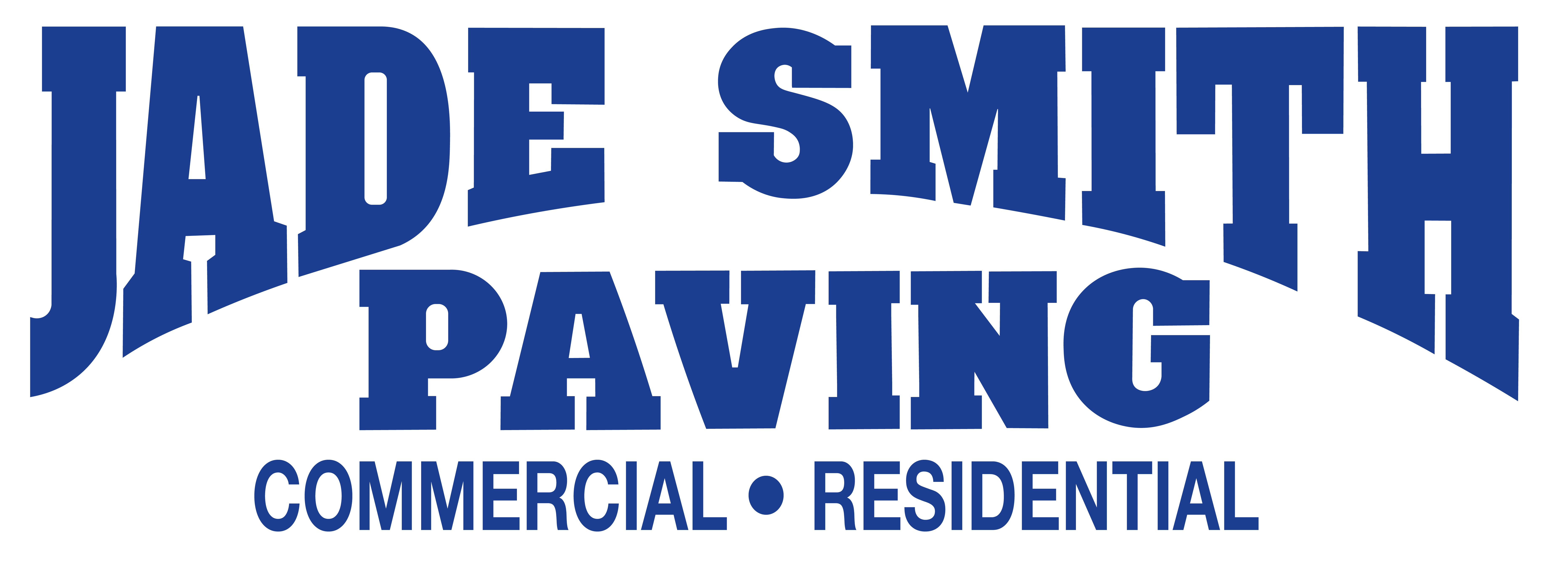
The growth in technology has affected how we approach the paving industry, in a good way. Today, new technology plays a primary role in how we complete our paving jobs, no-matter how big or small. Believe us, there’s a lot happening when you’re getting your driveway designed. In this post, we help you get acquainted with some of the latest technologies being used in the paving industry. Let’s get started!
How technology has changed the paving industry?
1. Laser technology for measurements
Instead of looking through a sight glass or transit, contractors today use a laser-guided transits to determine heights and distances when paving. The laser technology helps shoot elevations and grades which further helps create a solid drainage plan. The increased accuracy and efficiency is what every contractors have been looking for, for the last few decades.
2. Hydraulic technology to get rid of old asphalt
Instead of using a road saw that has a 14-inch diamond blade, asphalt pavers can today use hydraulic technology. The use of hydraulic technology allows them to improve work efficiency by reducing the amount of time required for asphalt or concrete removal. With hydraulic technology, all they need to do is cut 2 inch wide trenches in the old asphalt.
3. Automatic grade and slope control
The graders and compactors used earlier lacked automatic grading settings. This helped professionals control the grade and slope of the pavement job. The new automatic grade and slope machinery allows to establish a grading grid and check for errors using an automatic grader blade while providing precise percentages. The precision and accuracy achieved using automatic grade and slope control machines has also helped us reduce the effect of water run-off and drainage.
4. Sub-base durability evaluation using nuclear density tests
The sub-base that is applied before asphalt pavement requires proper testing so that it provides the required support structure. The best way to test the integrity and durability of a sub-base is by using, proof-roll and nuclear density tests. The proof roll test means running a 72,000-pound quad axel truck on the surface. It helps to find the areas that are flexing more than 1 inch. The nuclear density compaction test helps professionals to maintain the ideal density/compaction.
5. Use of fabric or geo-grid for repairs
The undercutting repair does not require the use of traditional and costly methods like digging down 2 to 3 feet and then refilling the area with aggregate. Today, you can go for fabric or geo-grid which makes repairs super simple. All you have to do is dig 18 inches and make repairs. This has reduced the need for creating a large hole and then dumping costly aggregated into it. In other words, it has saved time, money, and has improved the structural integrity at the same time.
6. Quality testing and preventive maintenance
The onsite testing facilities at various asphalt manufacturing plants have allowed professional asphalt paving companies to ensure high-quality results. There are several steps in the testing process which has provided asphalt manufacturers with proper mixes based on real-time data. Not just that, professionals can even establish a preventive maintenance schedule to help customers extend the lifespan of their pavement. The maintenance schedule is prepared by taking various factors like project completion, average climatic conditions, traffic, and the use of various materials during the project.
Want your driveway paved to perfection?
Do you want the best paving technology in Tualatin, Oregon? Our paving professionals make use of the latest technology and methods to build pavements that last forever. Interested in learning more about how we help our customers get the best pavement and driveway in town? Connect with us today!
